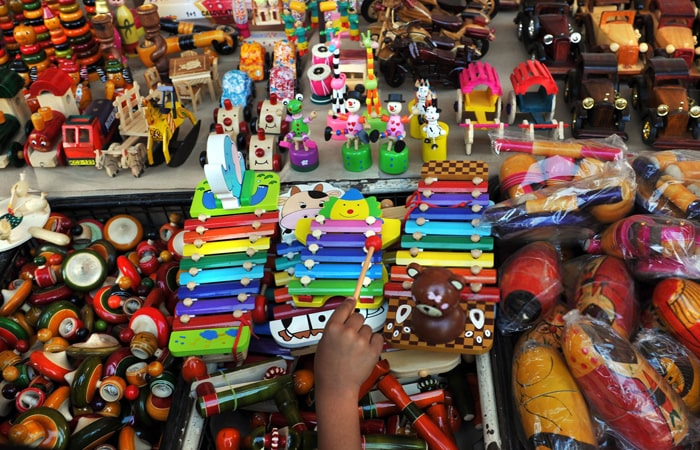
Investigations revealed that as the Covid -19 pandemic hit the world, the most hurt were the national economies of various countries. India, having a GDP of nearly three trillion dollars, was also hit badly with most informal sector jobs coming to a halt abruptly. Even big industries also stopped operations. It was a war against an unseen and unknown enemy.
It was then, in the middle of this distress, that Prime Minister Narendra Modi gave the clarion call of Aatmanirbhar Bharat or self-reliant India. The idea was to minimize imports and maximize exports so that India meets its domestic demands with domestic production.
A study revealed that in the August 2020 session of his radio broadcast “Maan ki Baat”, the PM had expressed his desire to establish India as a global toy and gaming hub.
Two years later,the Indian toy and gaming industry is at a nascent stage on a global scale both in terms of its market as well as its manufacturing scale. The sector is fragmented with 90% of the market being unorganized and 4000 toy industry units being from the MSME sector.
The study revealed that the toy manufacturers in India are mostly located in NCR Delhi, Maharashtra, Karnataka, Tamil Nadu and clusters across central Indian states. The PM stressed the need for increasing its international footprint, achieving organic synergies across demographics, and leveraging the availability of raw materials and artisan skill sets to achieve the goal of making India a global toy hub.
The global market for toys is estimated to be around 100 billion USD. The Indian toy market is estimated to be around 1.5 Billon USD. As of 2020, 85 % of the Indian market demand was sourced from Asian countries, predominantly China. Domestic manufacturing accounted for just 15% of the total Indian toy market.
This trade deficit is alarmingly large, given the potential for India to be self-reliant in this industry. In 2018-19, toys worth USD 371 Million were imported into our country. A large proportion of these toys were unsafe, substandard, counterfeit, and cheap. A mystery shopping exercise conducted in 2019 revealed that only 33% of toys in the domestic market were of acceptable quality as per BIS standards. The large imports of cheap and substandard toys were not only harmful to children but were also affecting the domestic industry adversely.
A Toy Fair and national Toycathon were organized in 2021. Toycathon is the first-of-its-kind hackathon to develop indigenous toys and games highlighting India’s culture, history and mythology.
Various organizations like the Department of Promotion of Industry and Internal Trade (DPIIT) and the Bureau of Indian Standards (BIS) joined the movement. Even state governments like the government of Karnataka, Maharashtra, Gujarat and West Bengal also pitched in to develop the toy manufacturing industry.
The results are evident from the fact that the import of toys is down by 70% in the last three years.
Similarly, the export of toys has increased by 61%. Export of products such as plastic scooters, pedal cars, dolls' carriages, dolls, puzzles etc. have increased by nearly 70% from USD 62.4 Million in 2018-19 to USD 99.9 Million in 2021-22.